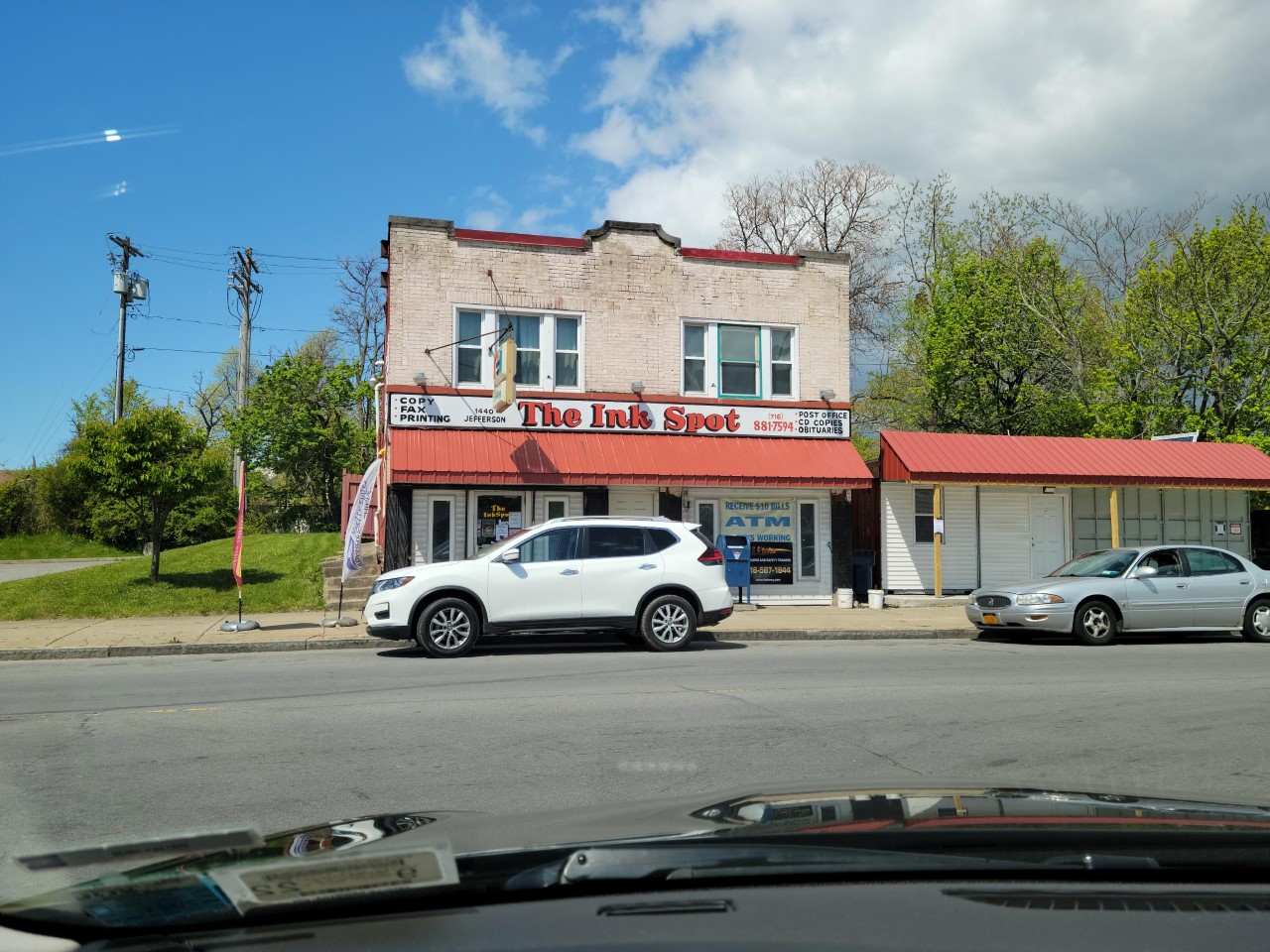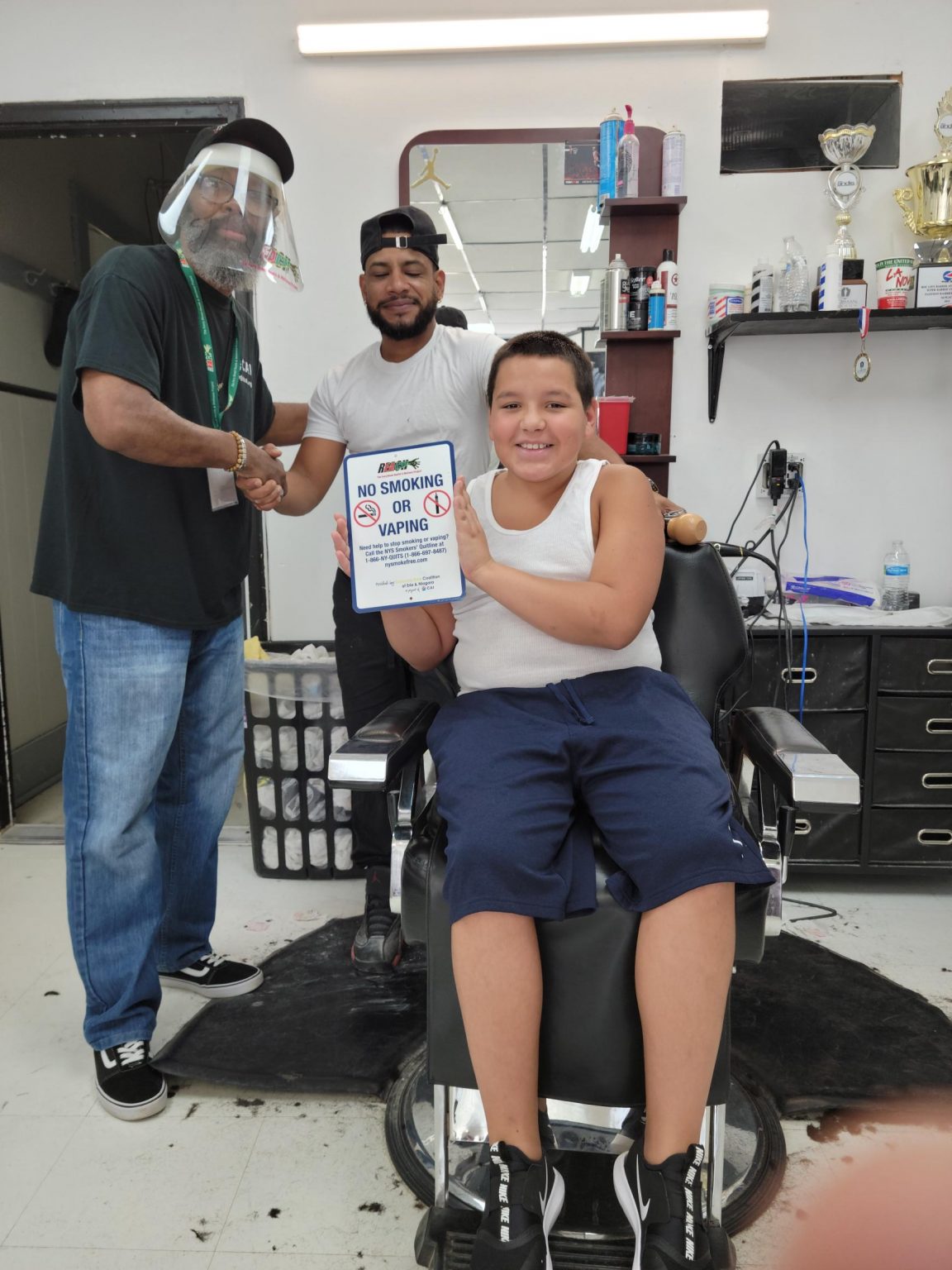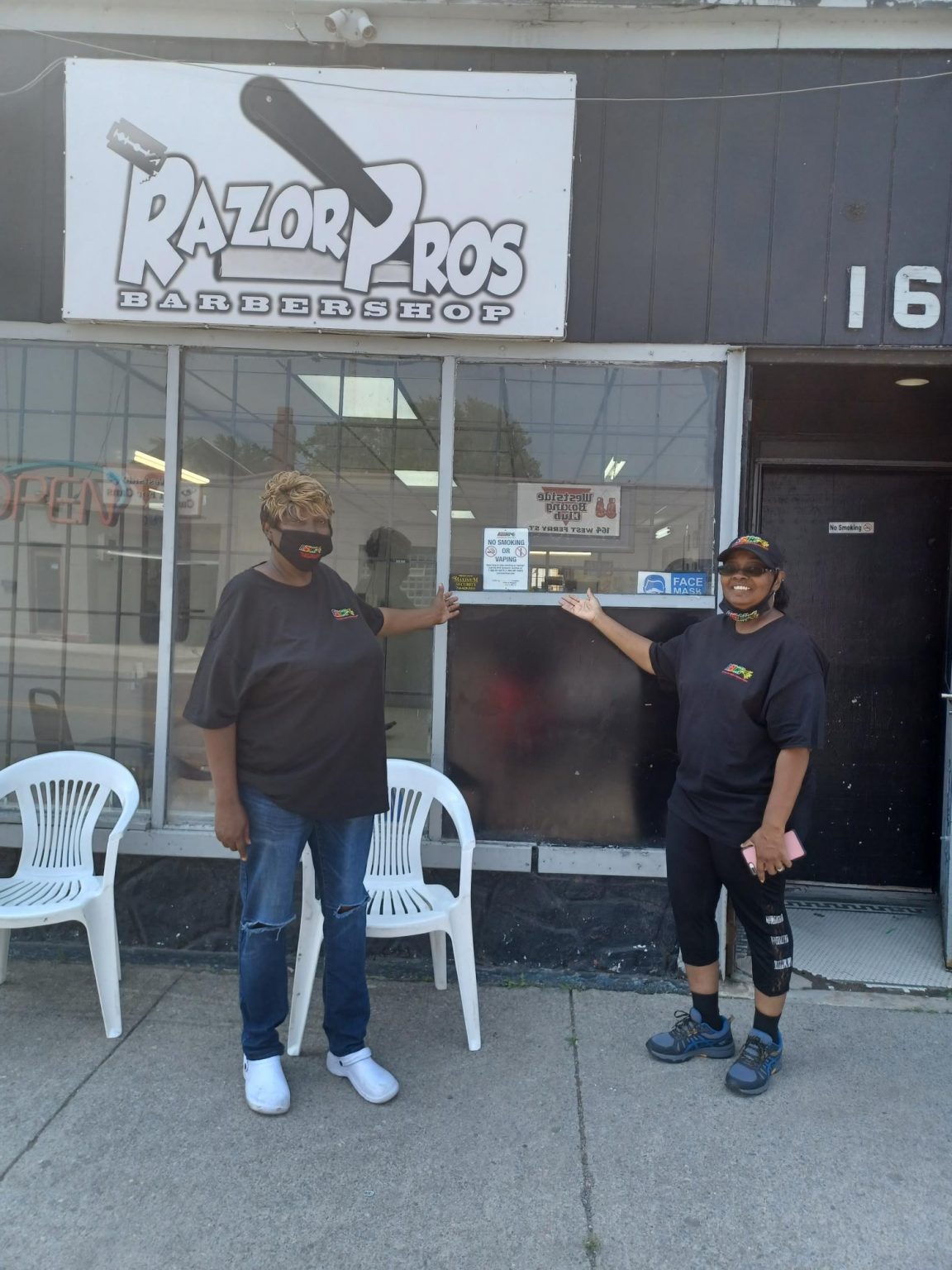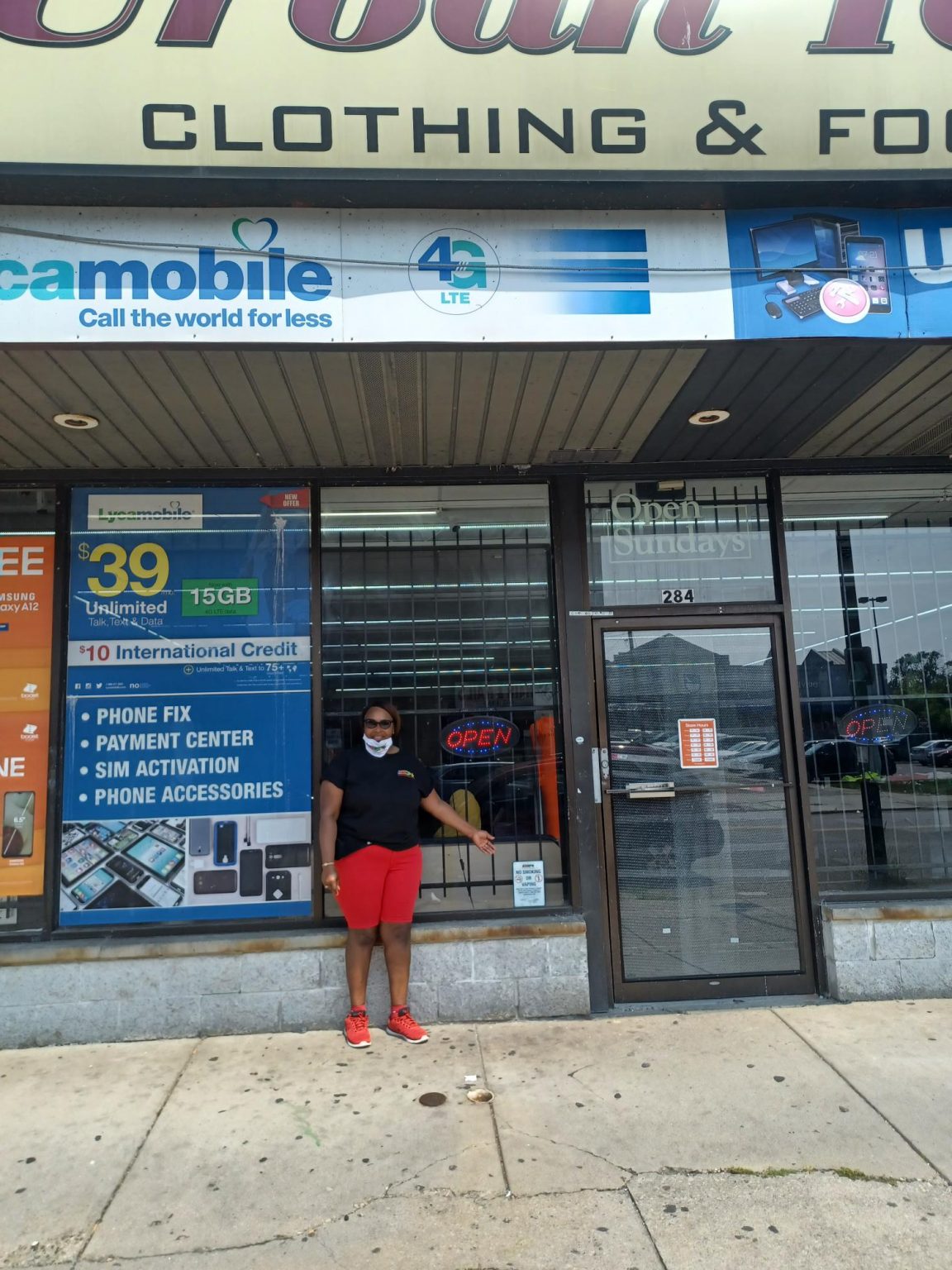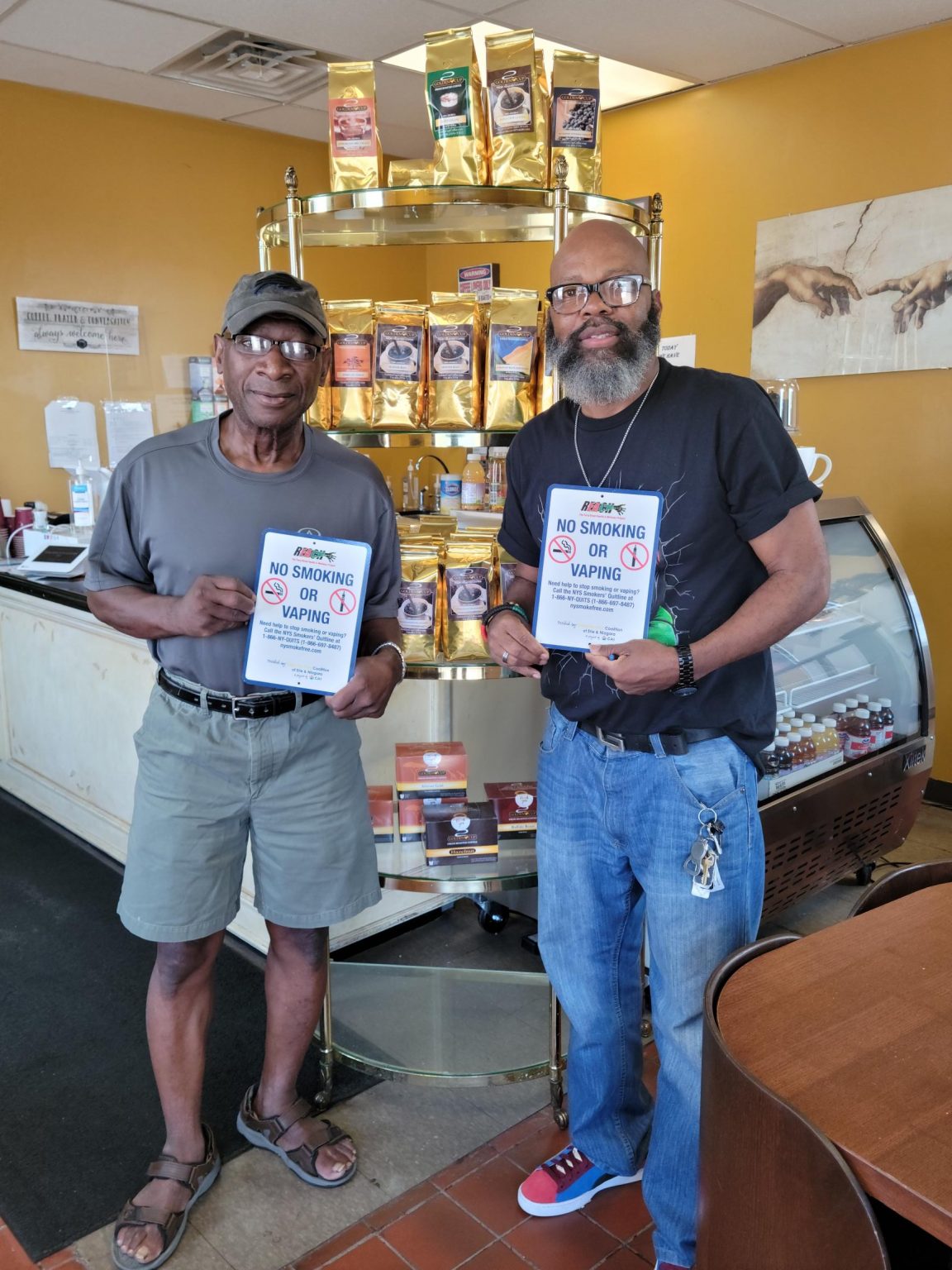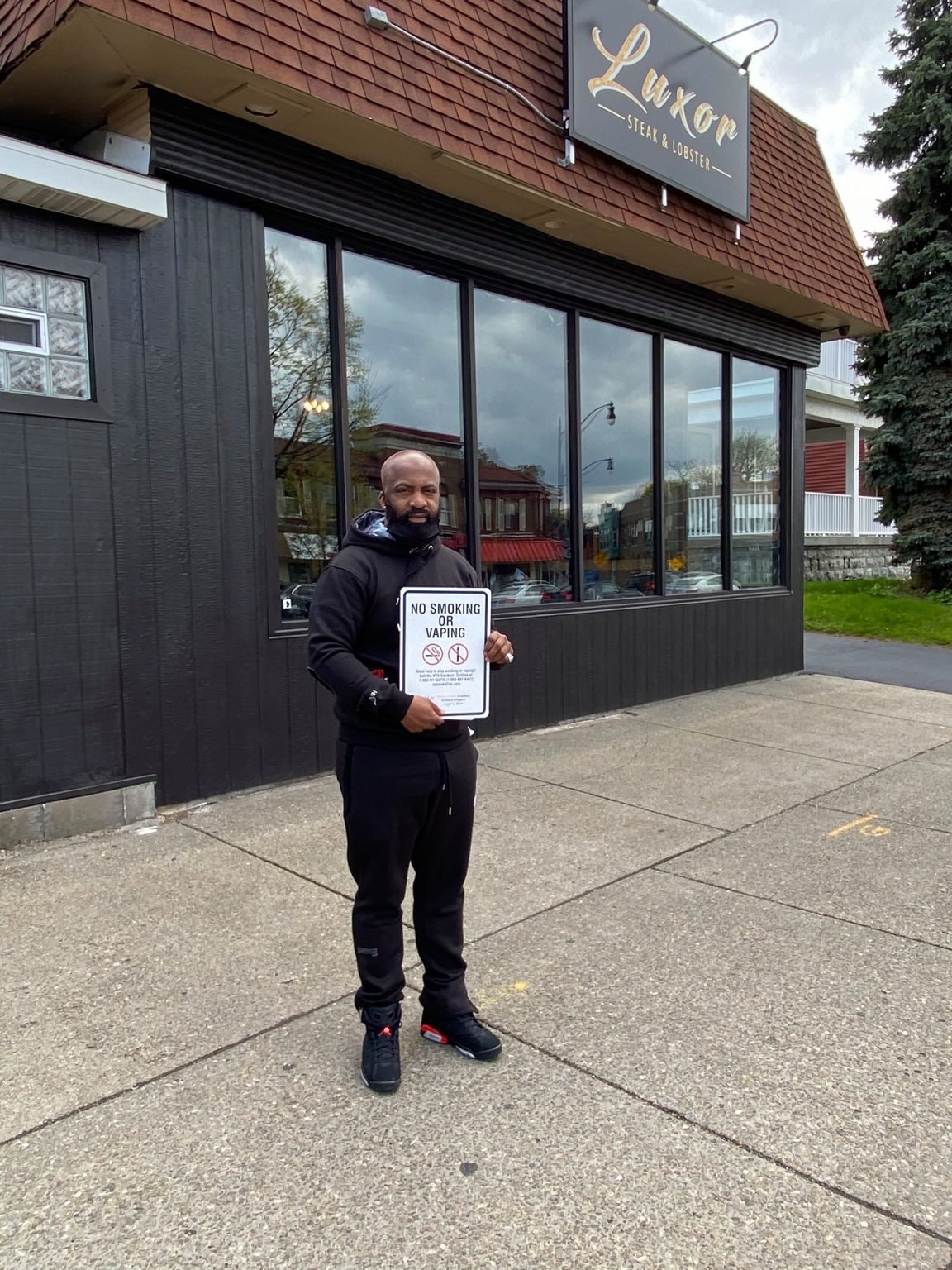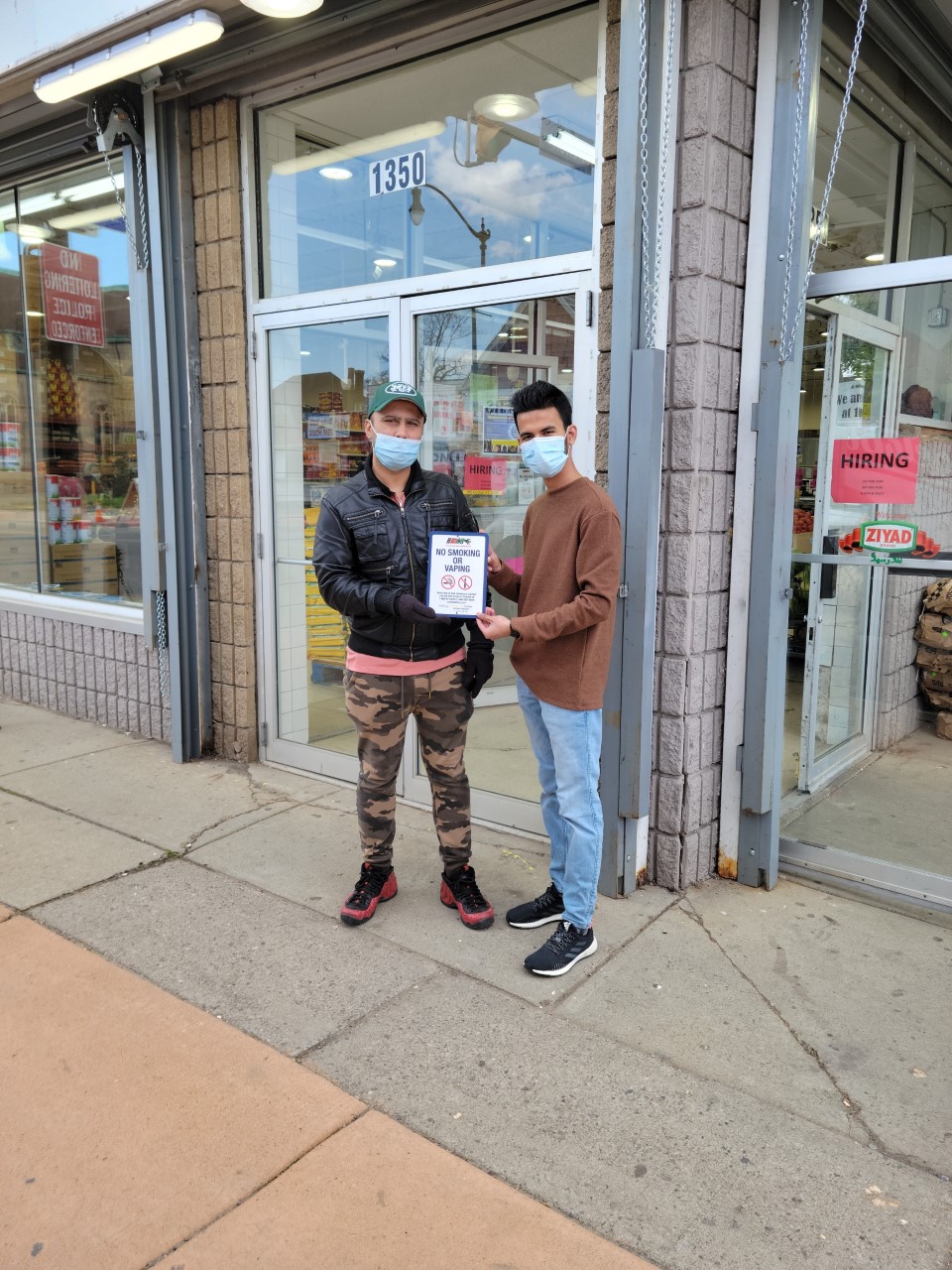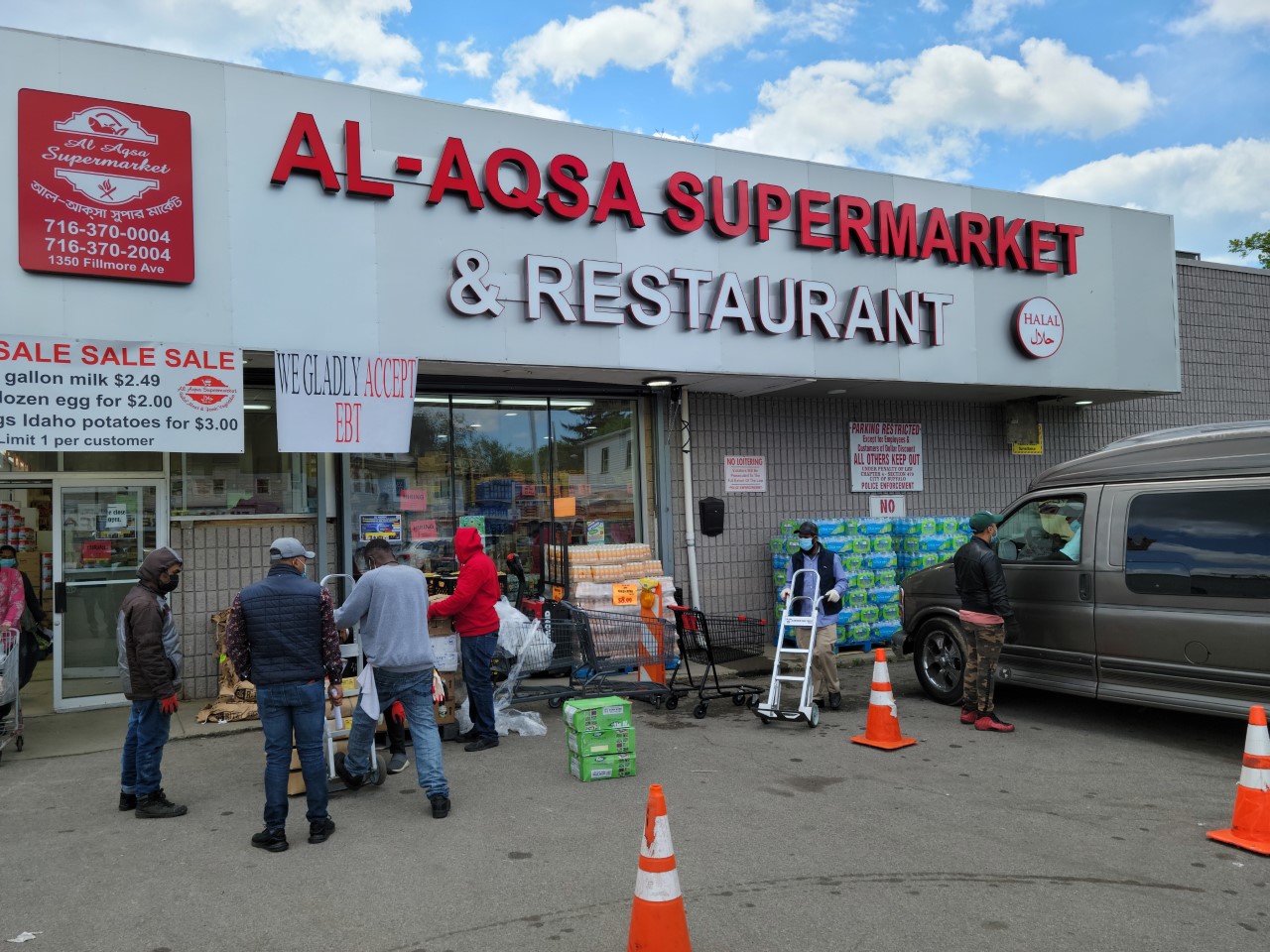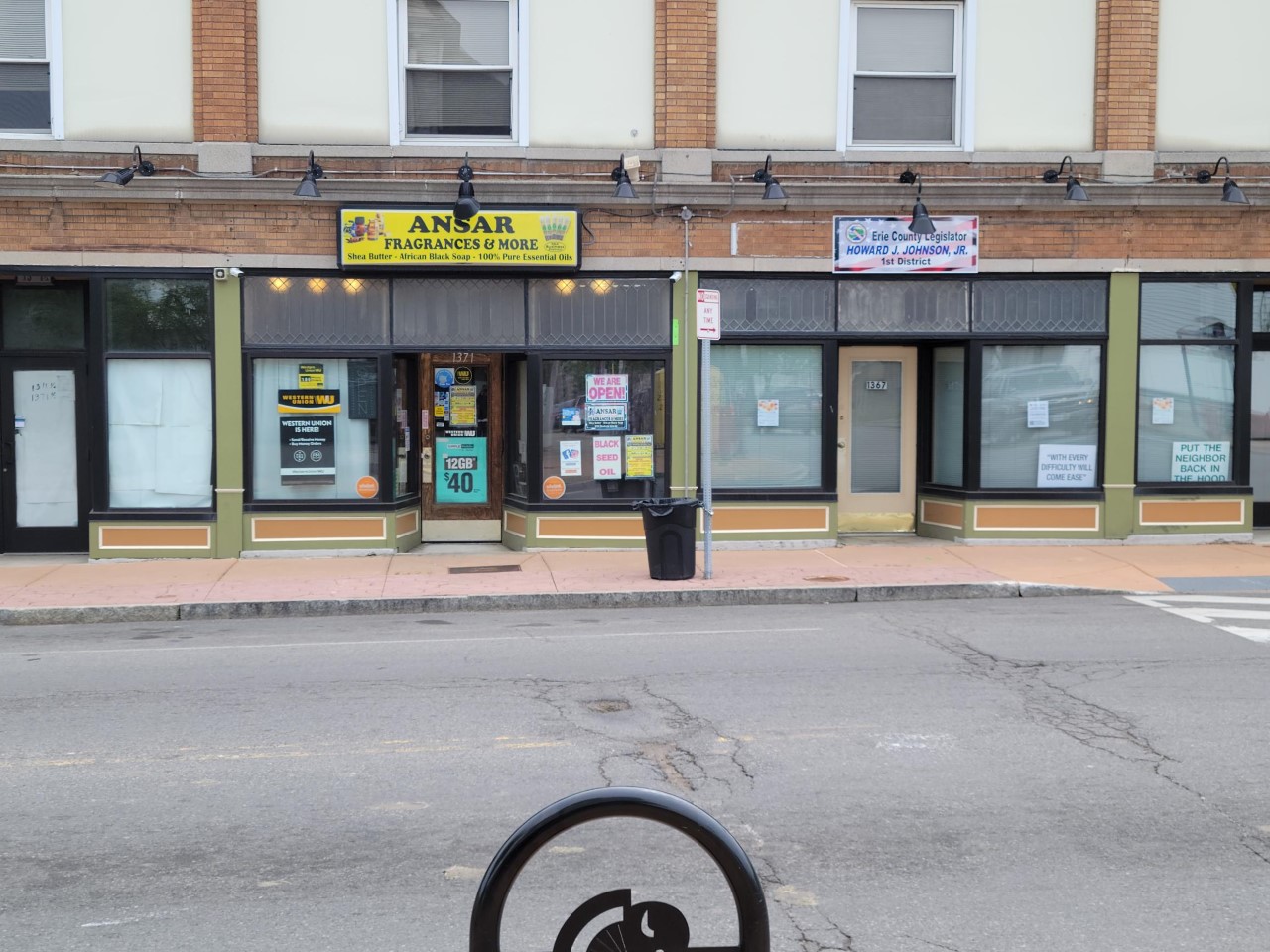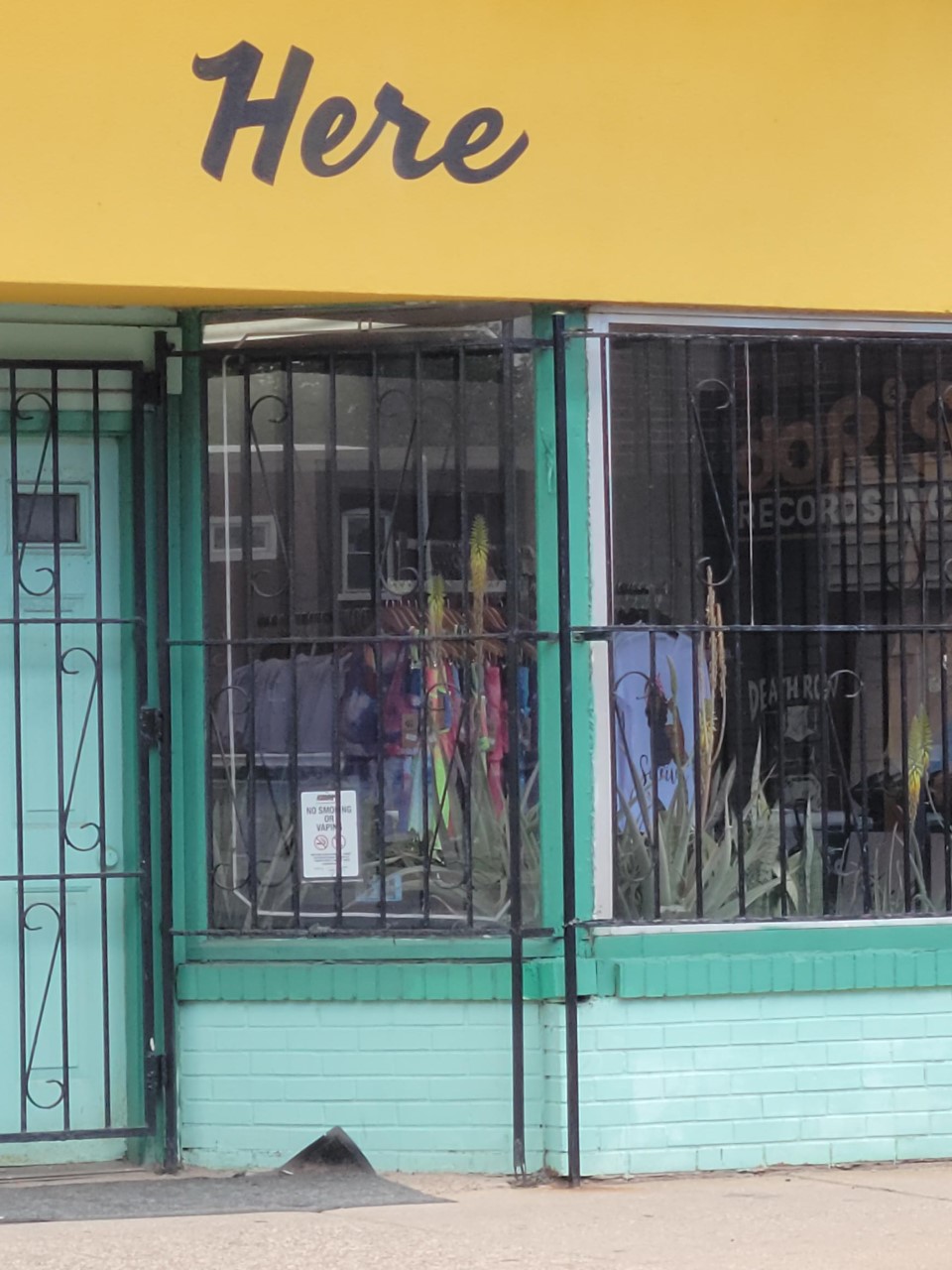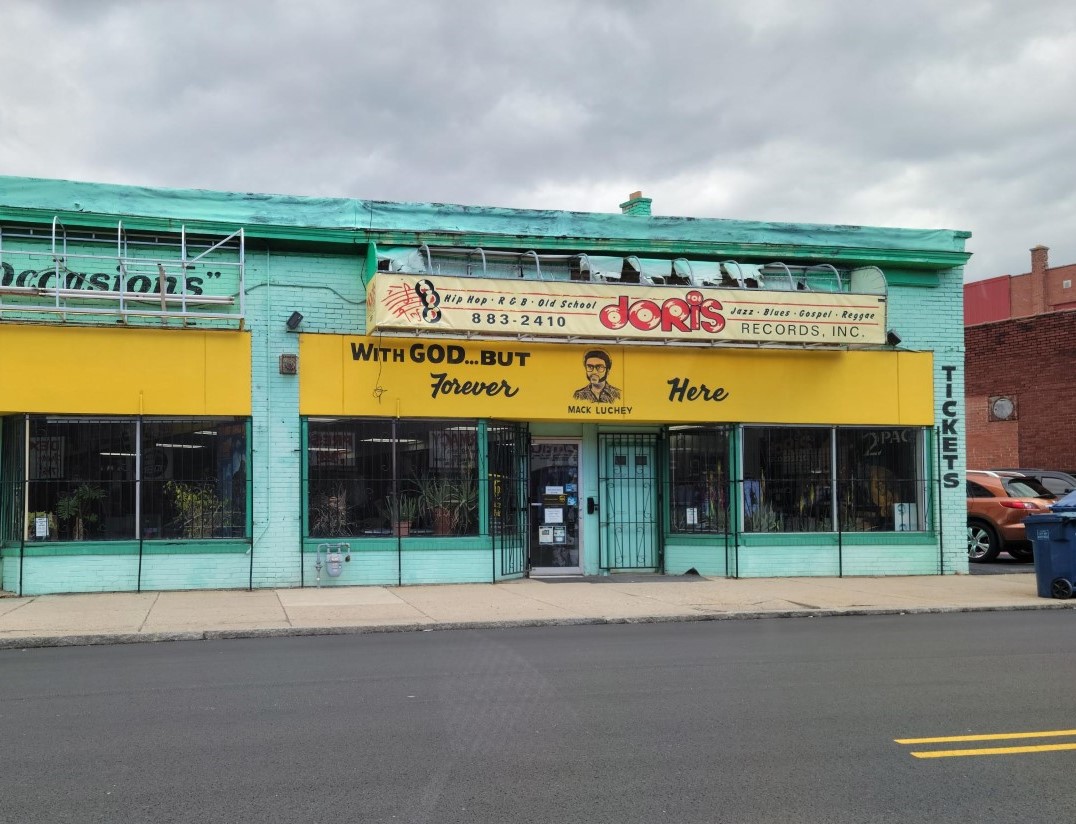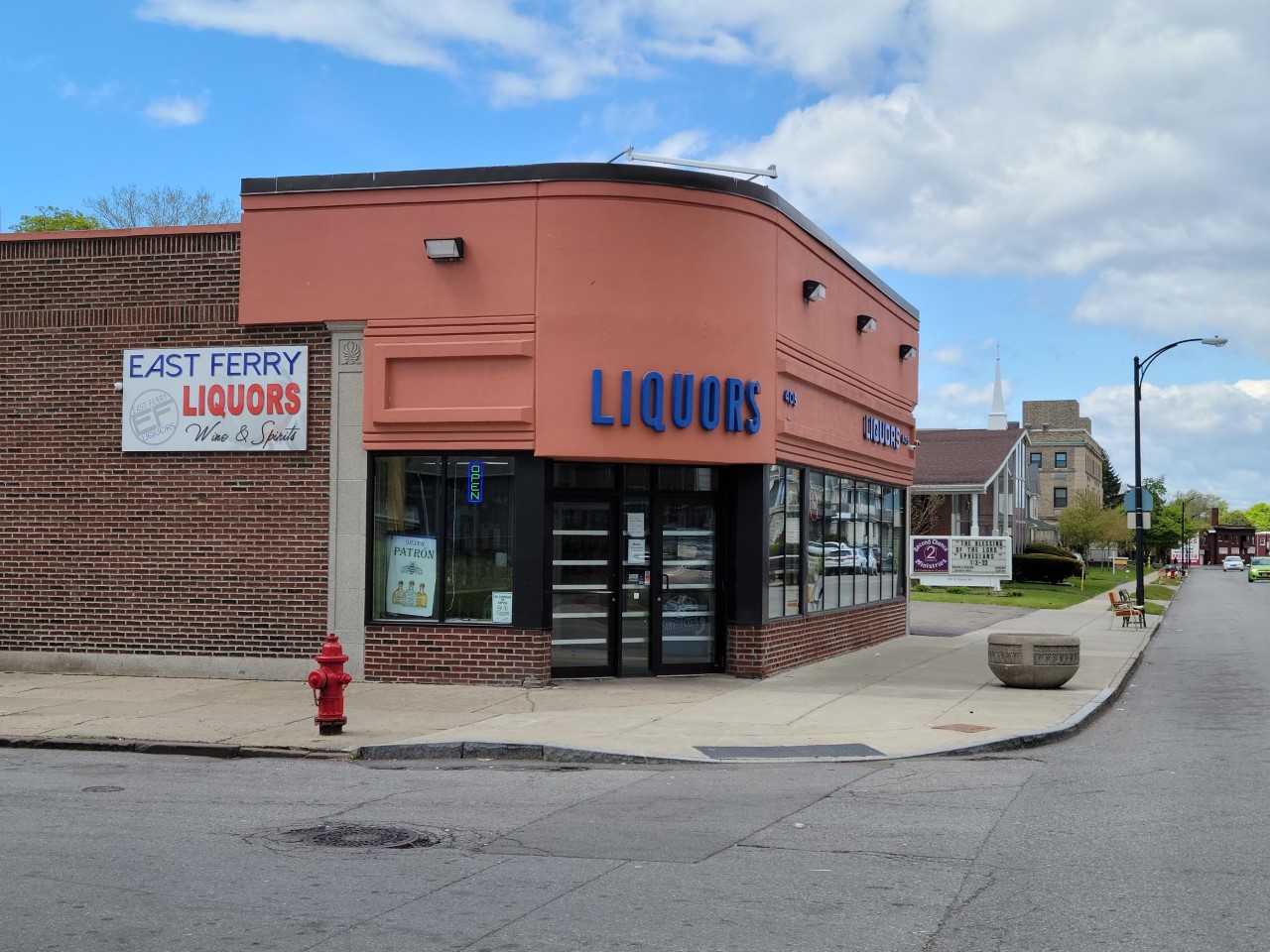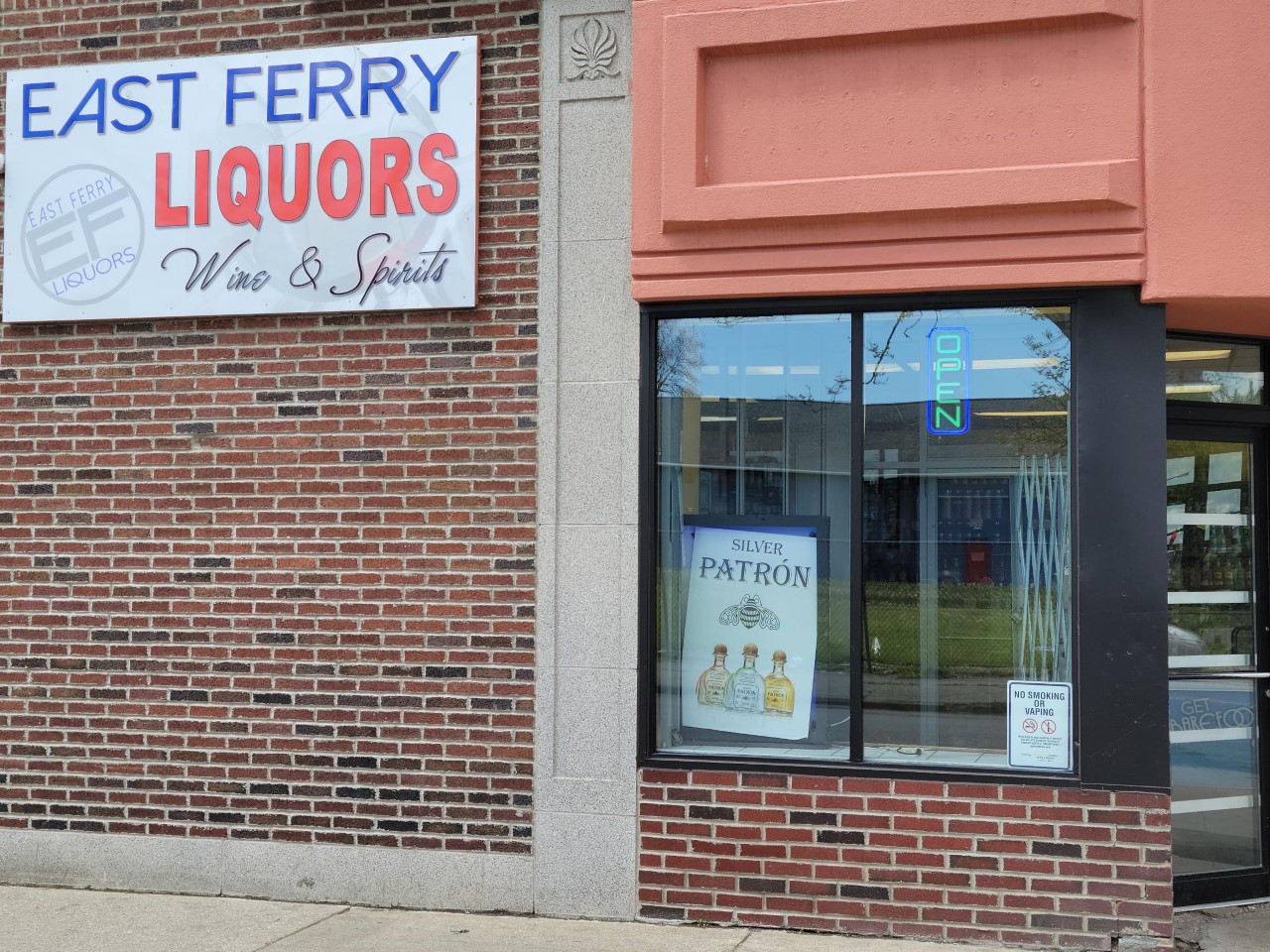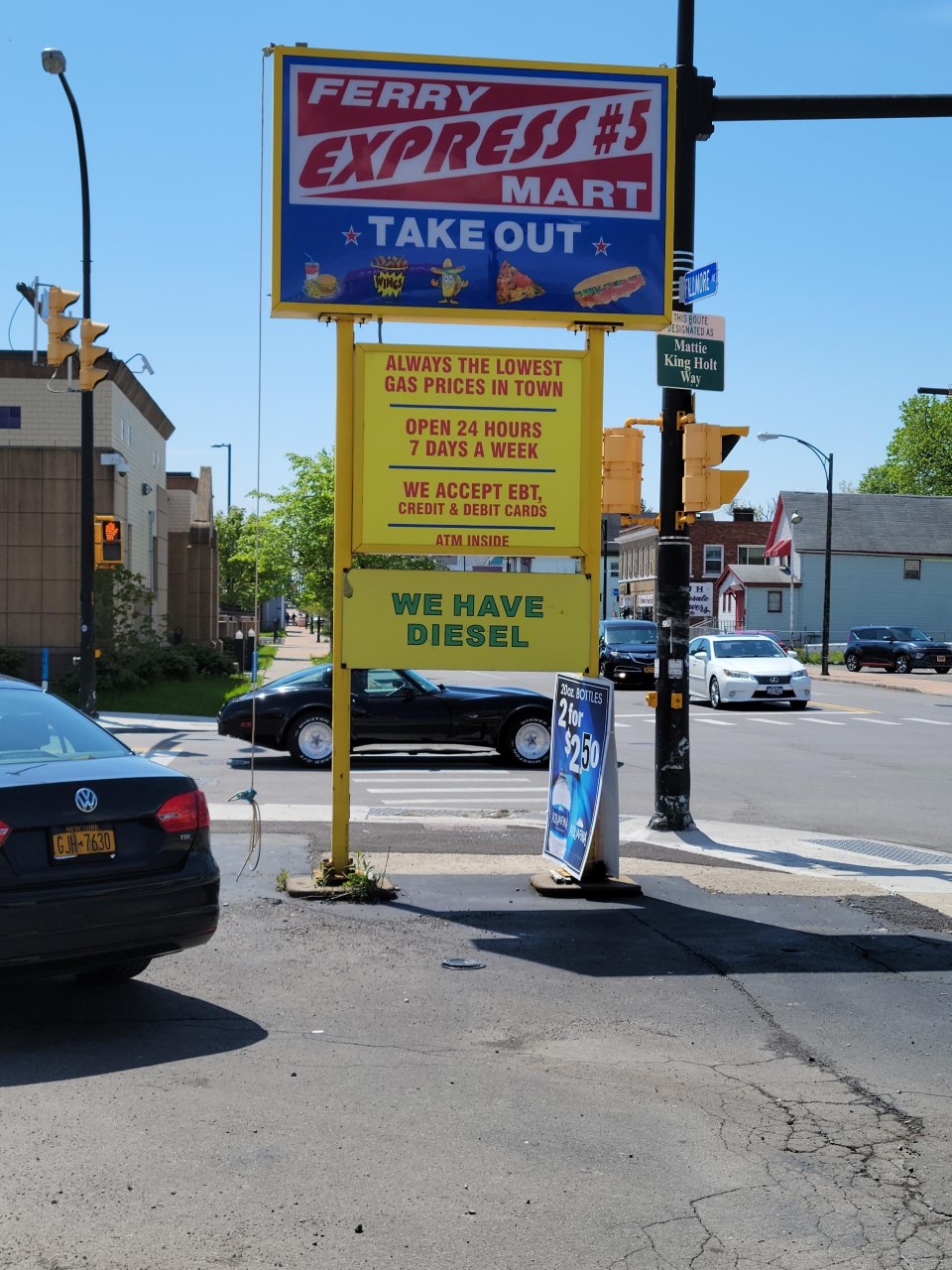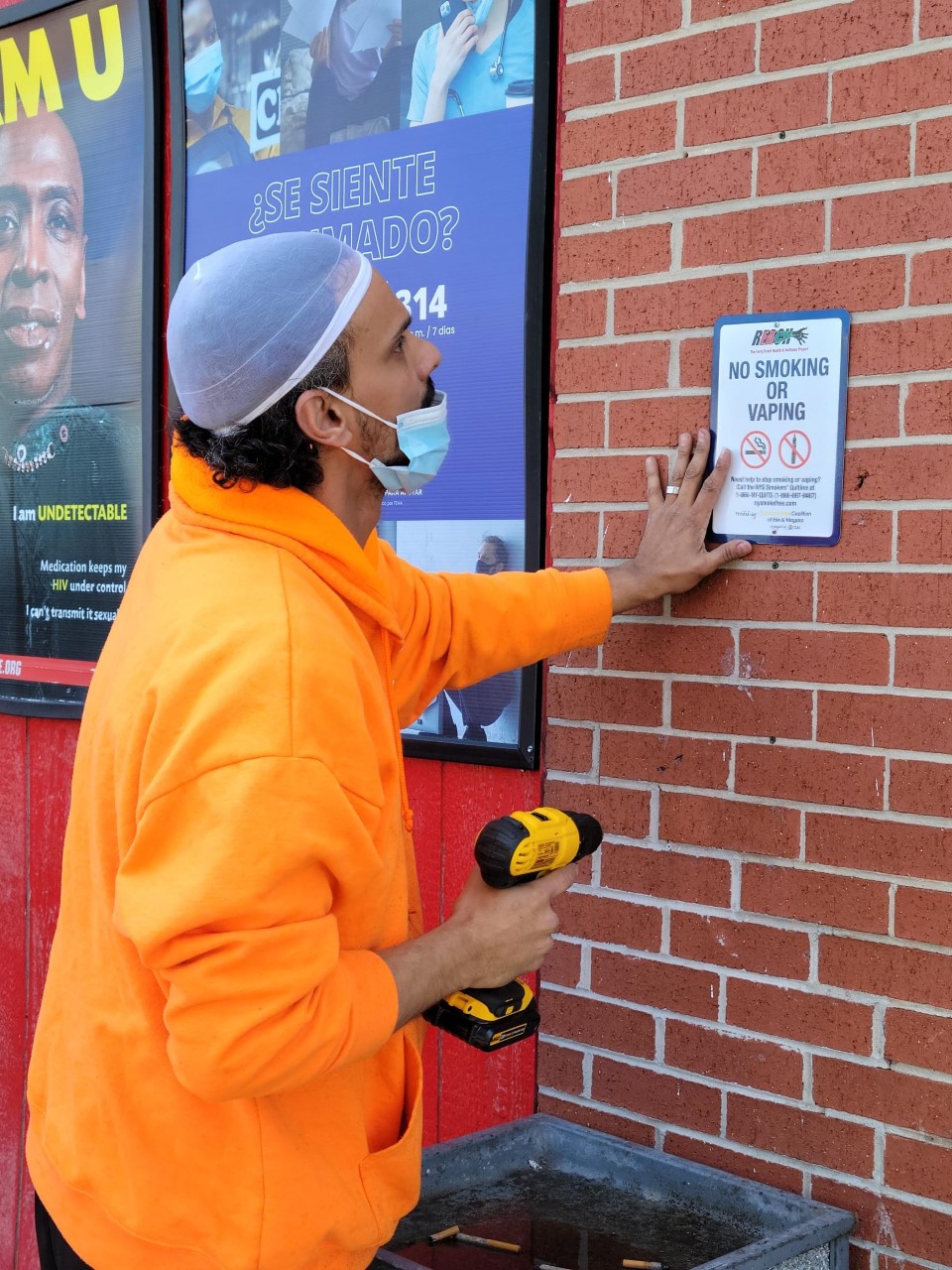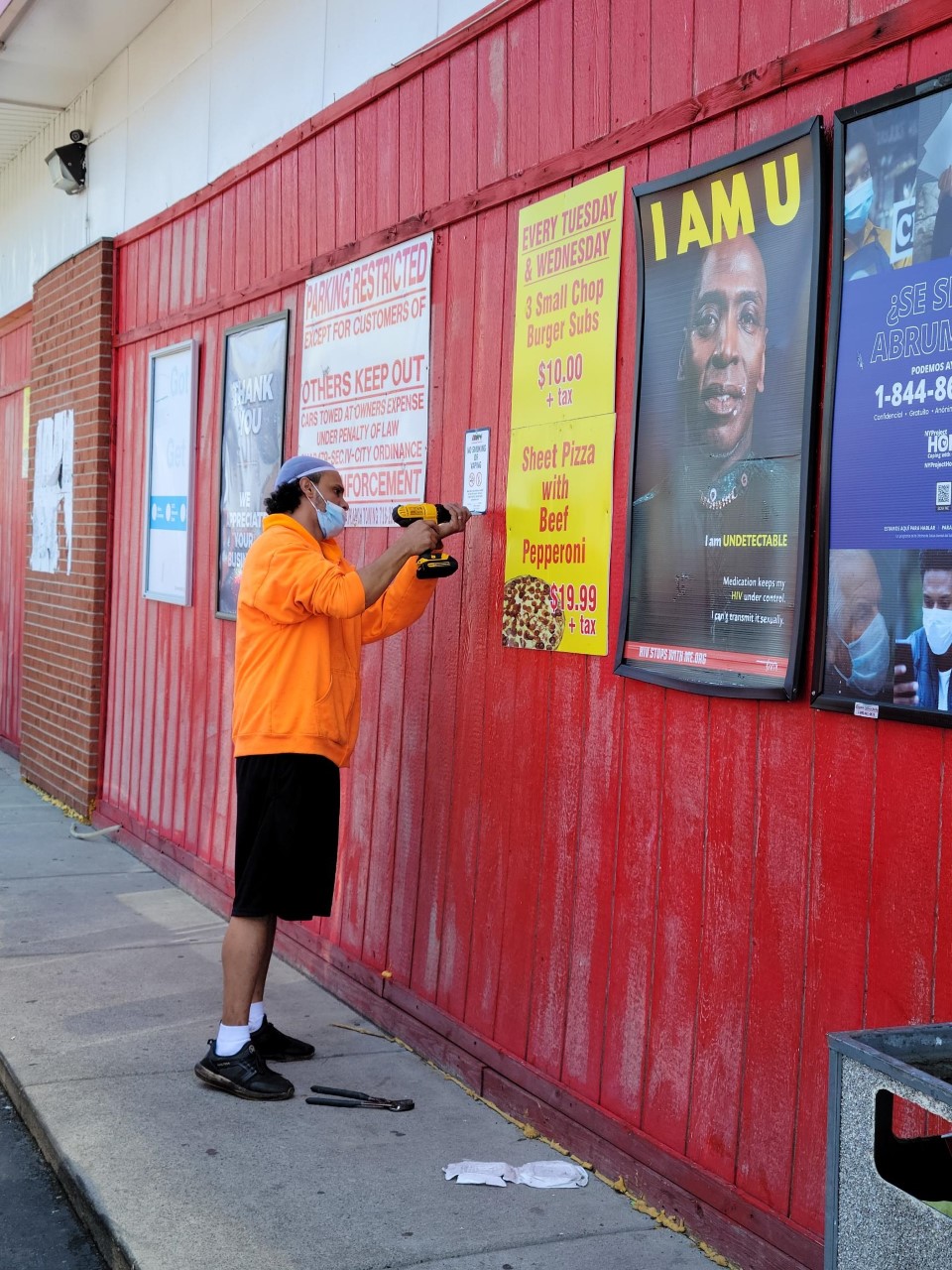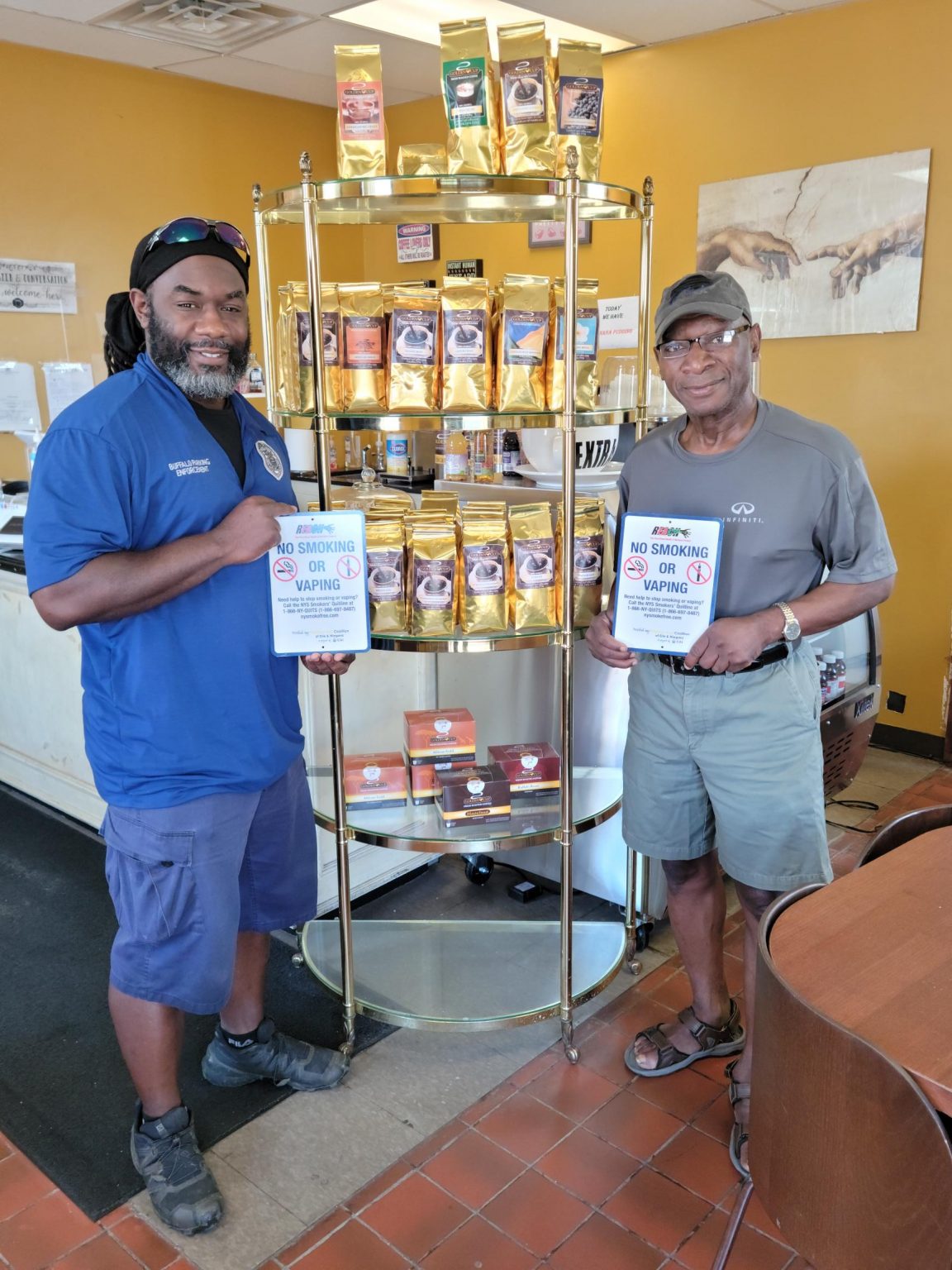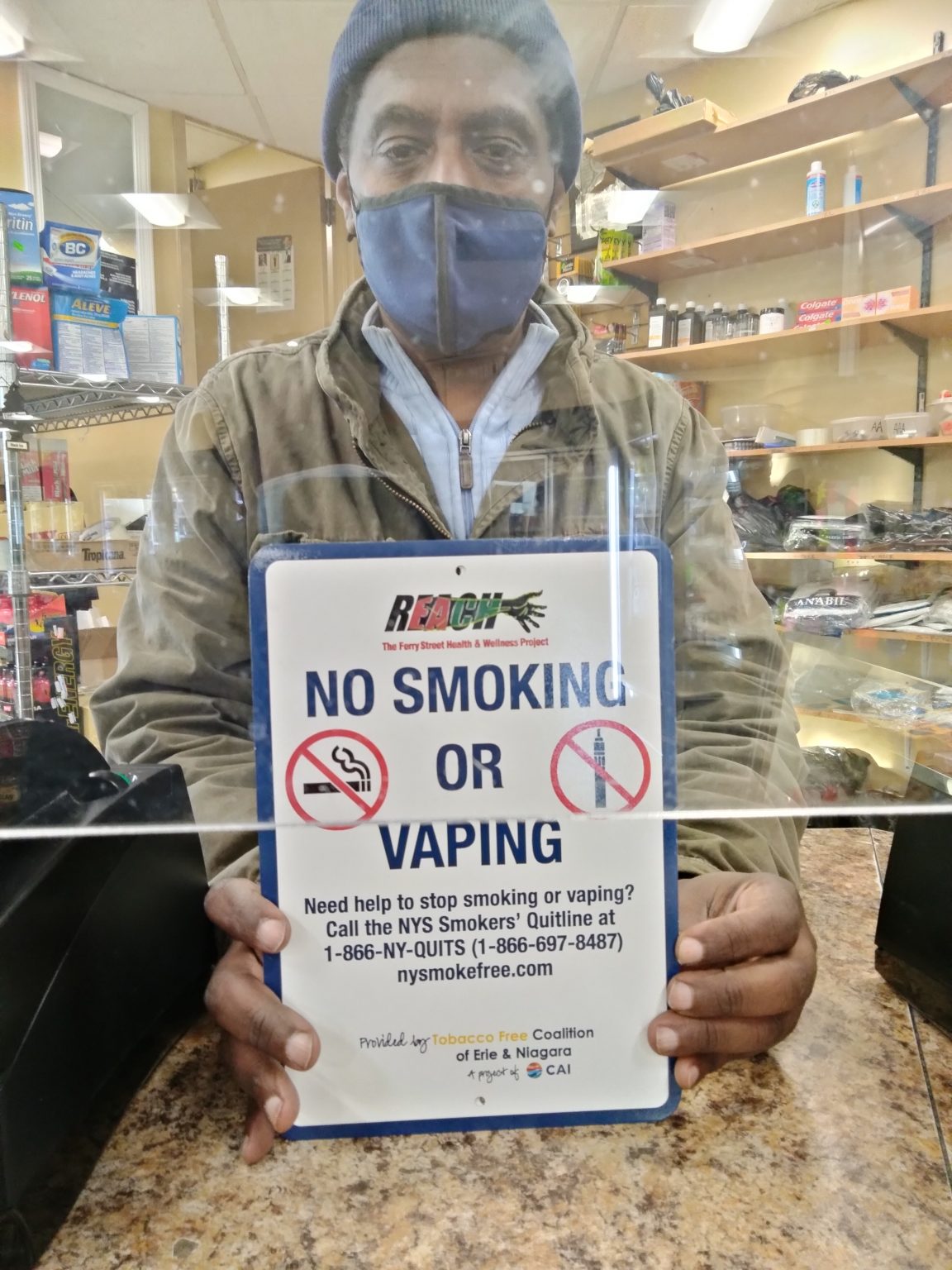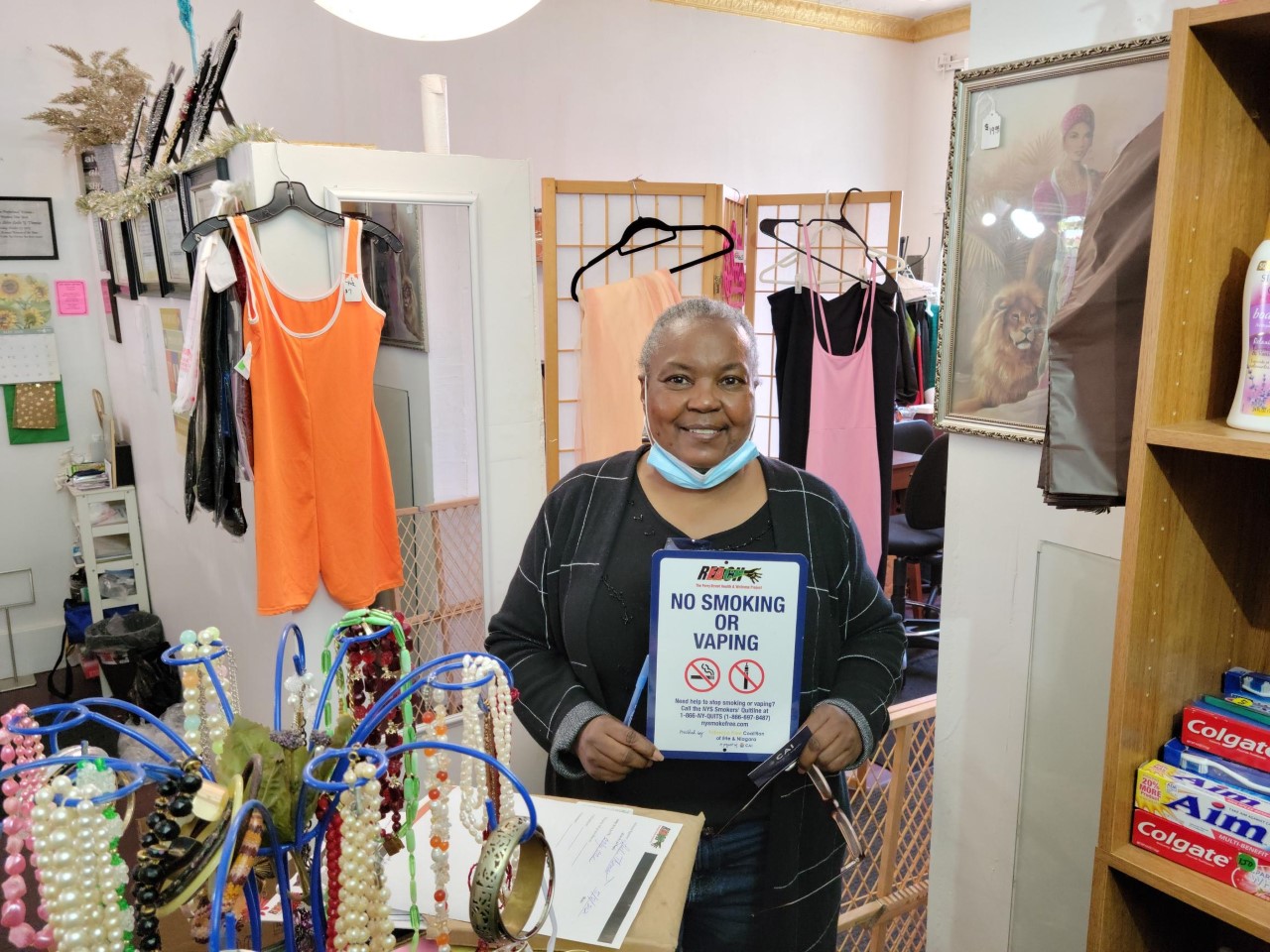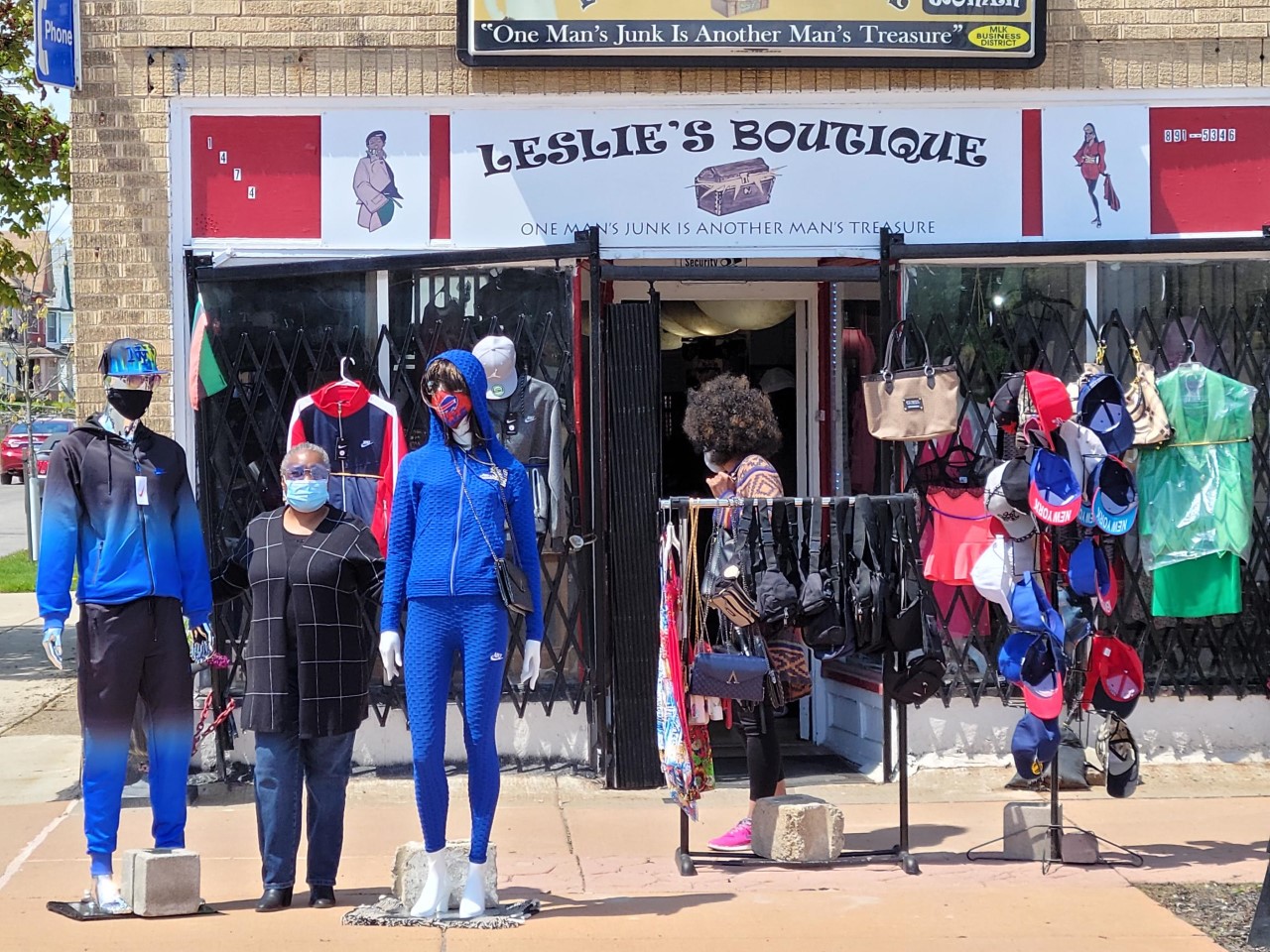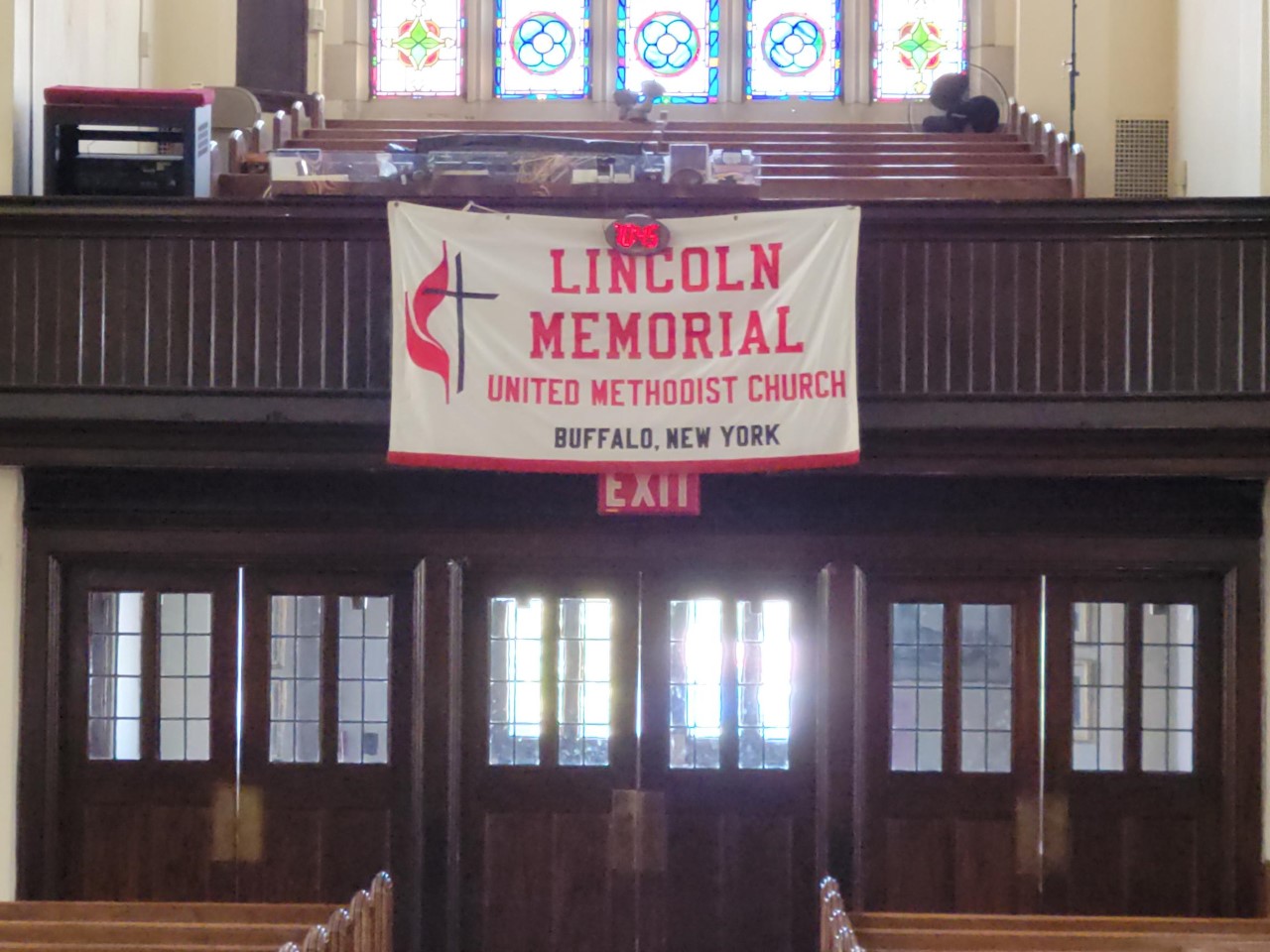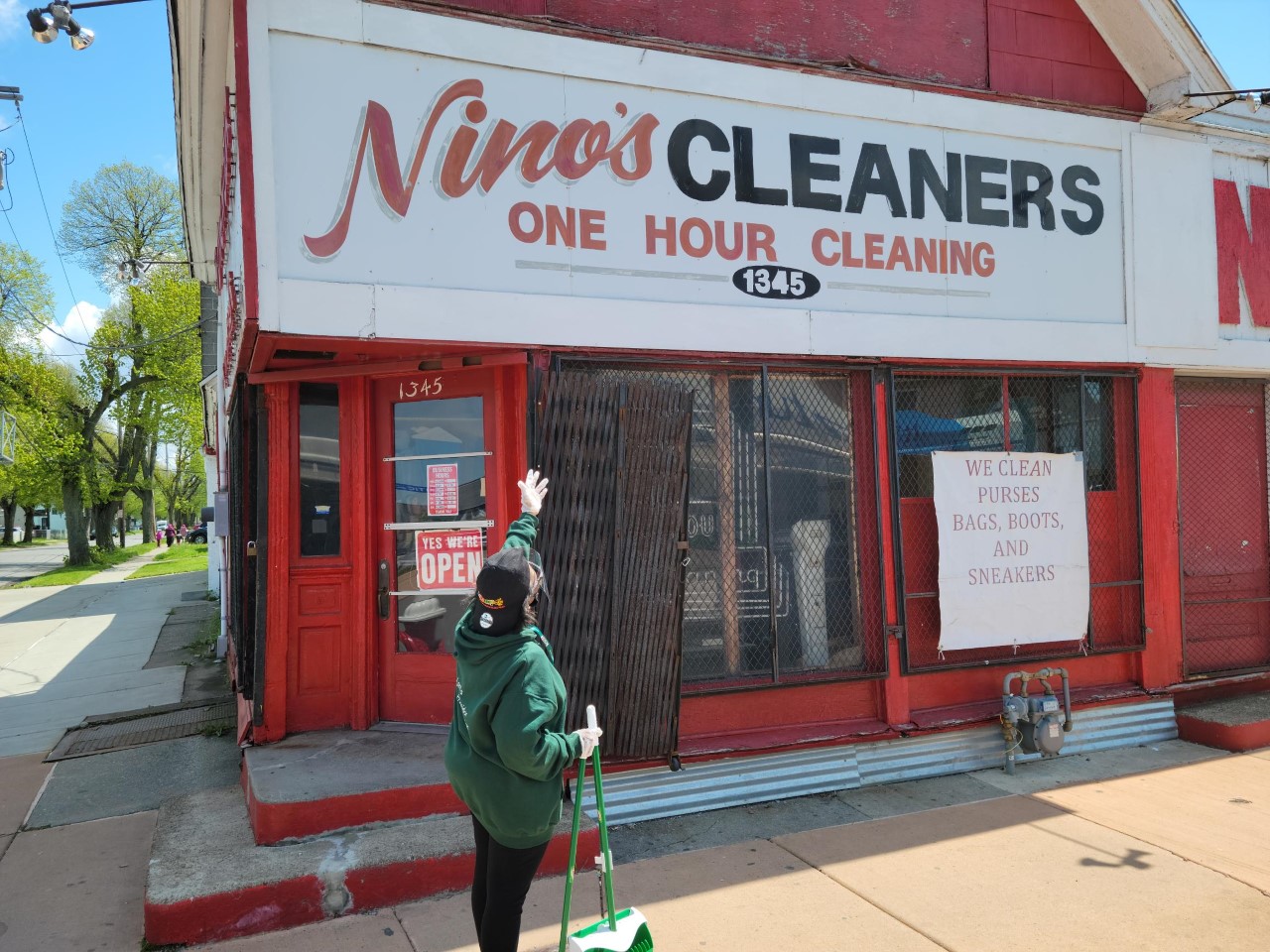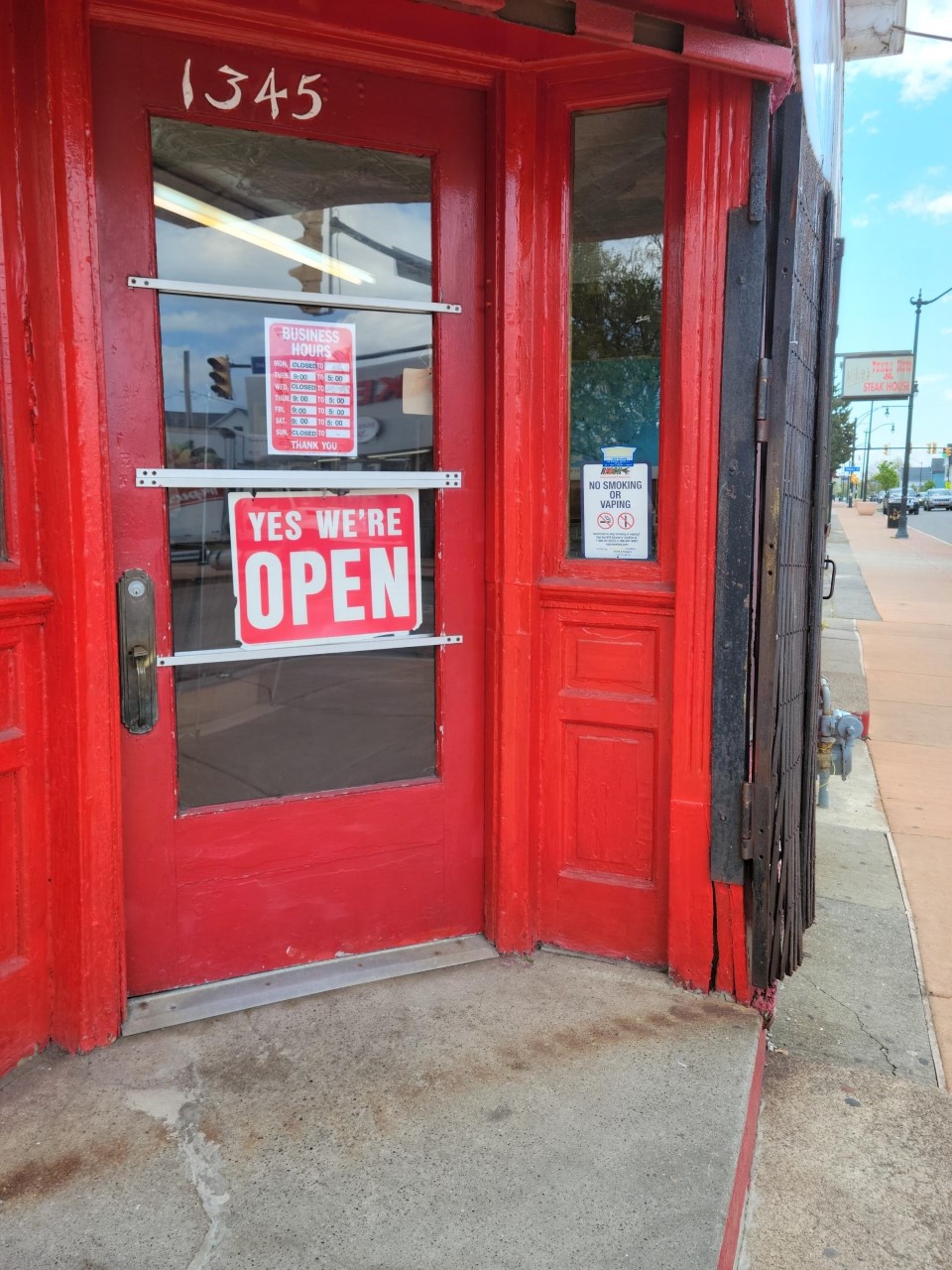Summary: This project uses a community-led approach to help to reduce chronic illness among African American/Black residents in five underserved ZIP codes in Buffalo, New York.
Opportunity: Residents of Buffalo, New York, are uniquely impacted by numerous health disparities. The heart disease mortality rate in Buffalo is 214.2 compared with 189.9 and 184.6 for Erie County and New York State, respectively, and the stroke mortality rate is 42.8, compared to 37.7 for Erie County and 25.9 for the state. Risk factors that can contribute to heart disease and stroke, such as high blood pressure and being overweight or obese, are seen at elevated rates in this region, and only 58 percent of residents of Buffalo and the surrounding area report visiting their doctors routinely to have their blood pressure and cholesterol checked, compared to 75 percent nationally. It is likely that many people in Buffalo are going undiagnosed with dangerous conditions, which speaks to the need for a renewed awareness of health and wellness in the city.
Initiative: CAI and our local partners leverage existing community resources and utilize a community-led approach to develop, implement, and evaluate interventions that address preventable risk factors which are driving chronic diseases among African Americans living and working along the Ferry Street Corridor in Buffalo. The project promotes wellness with strategies that advance tobacco-free living, improve nutrition and breastfeeding rates, and increase access to health and community programs. CAI’s approach is grounded in a set of principles that guide our actions and ensure meaningful participation among residents. CAI engages the community through a racial equity lens to empower it members to lend their insights and expertise in the development, implementation, and evaluation of all activities.
Impact: The REACH project has helped develop an extensive community mobilization infrastructure in Buffalo and made progress on multiple health equity fronts. CAI helped establish a leadership group, a community action team, and the Ferry Street Community Wellness Champions. In REACH’s focus areas (nutrition, breastfeeding, and tobacco), the program has increased the availability of fresh produce and incentivized the accessibility of benefit programs such as SNAP and WIC at local grocery stores, identified and engaged three Buffalo Baby Cafes to better understand gaps in service that exist for African American/Black mothers who initiate breastfeeding, and established a tobacco action group composed of community members who promote the adoption of smoke-free policy changes for local worksites and multi-unit housing along the Ferry Street Corridor.
Project funder and key partners: REACH is a national program administered by the U.S. Centers for Disease Control and Prevention (CDC). Key partners include Calming Nature Doula Services, NeuWater and Associates, and African Heritage Co-Op.
Project contact: Ruthie Lloyd, Project Director: reach.contact@dev.caiglobal.org.

